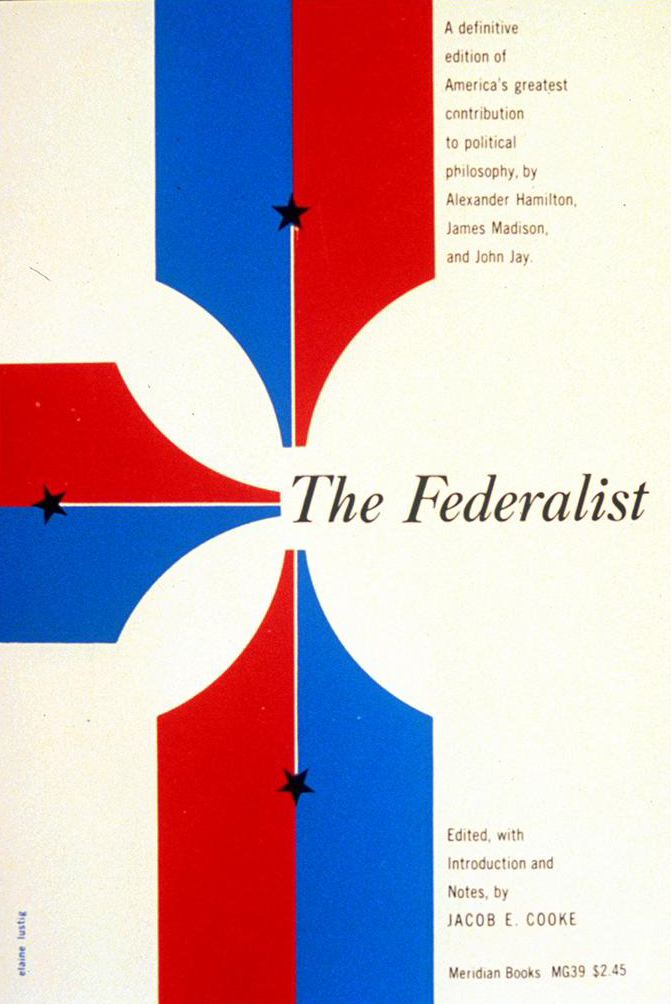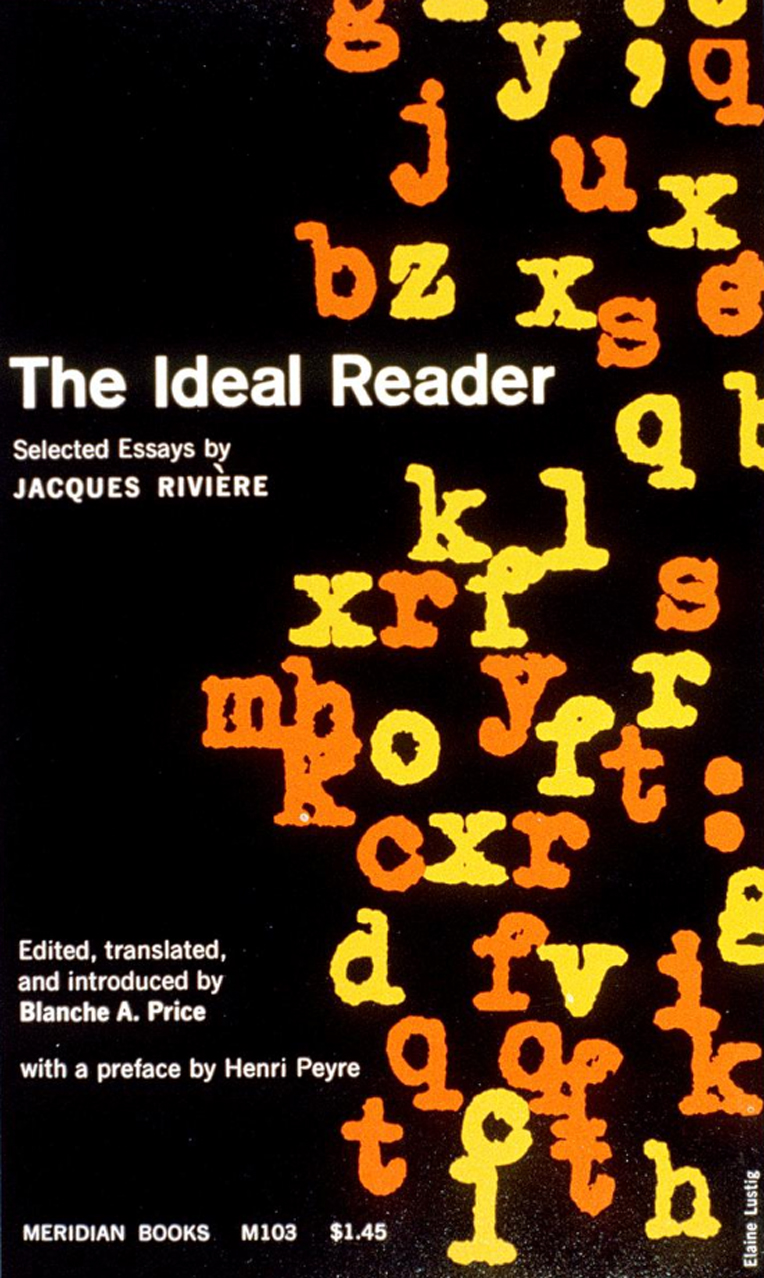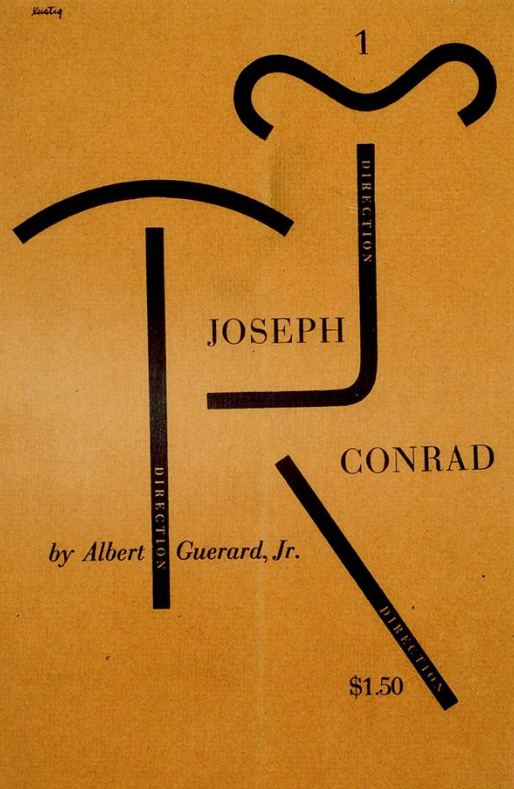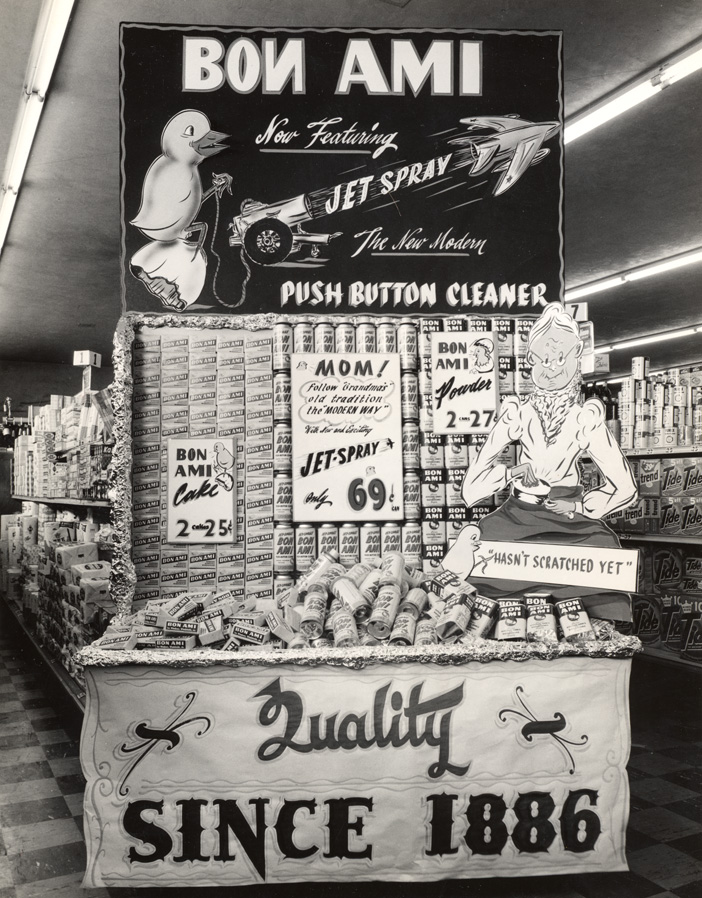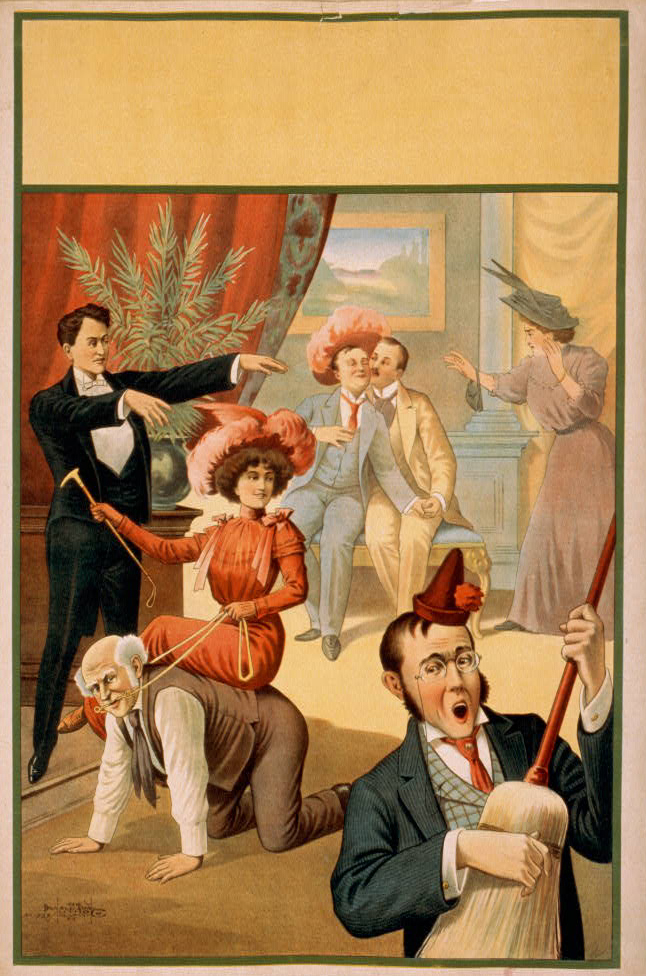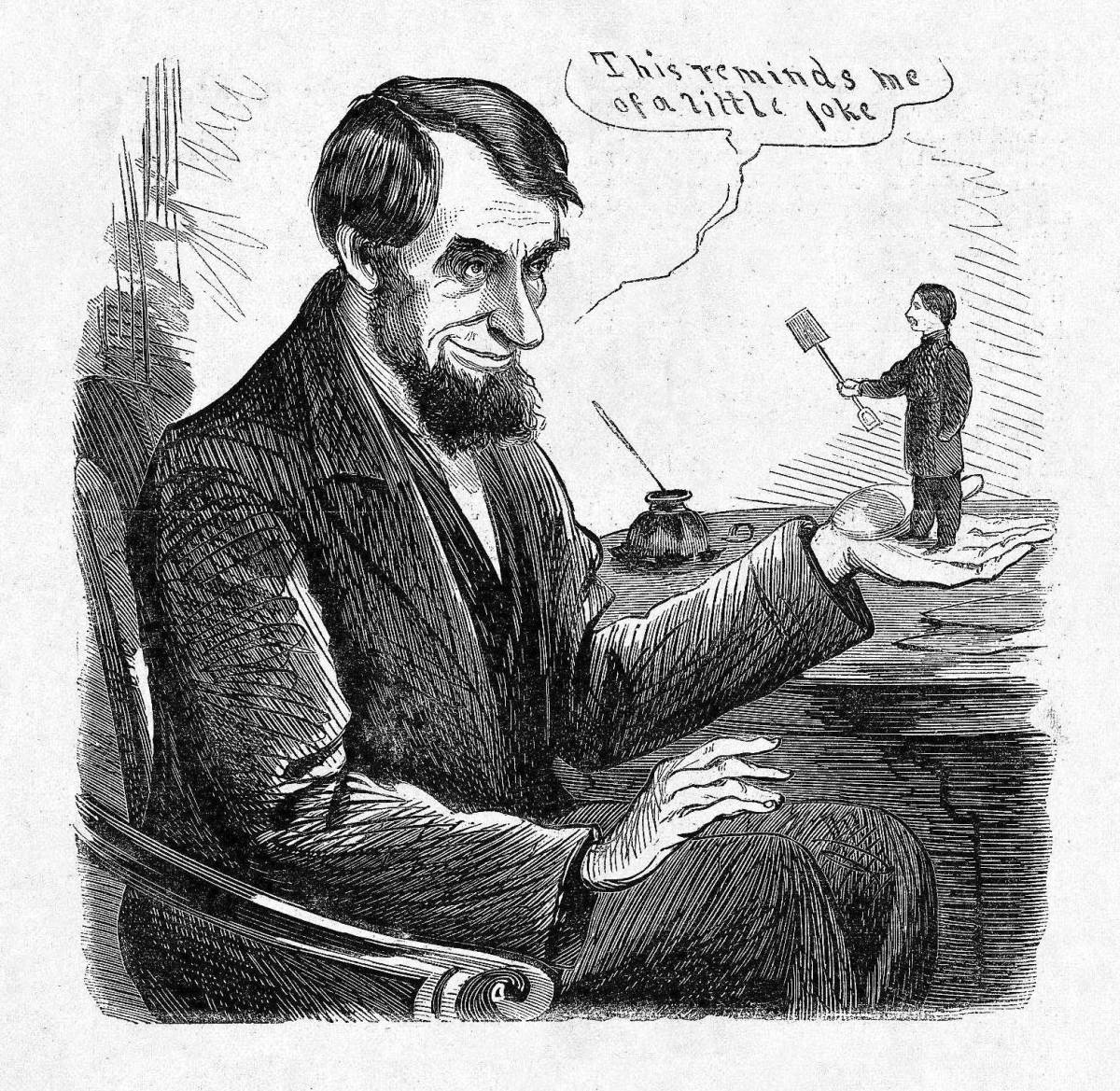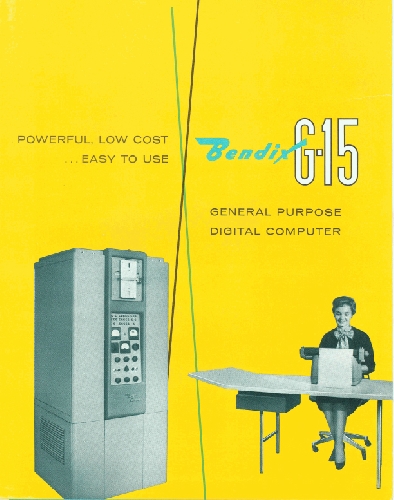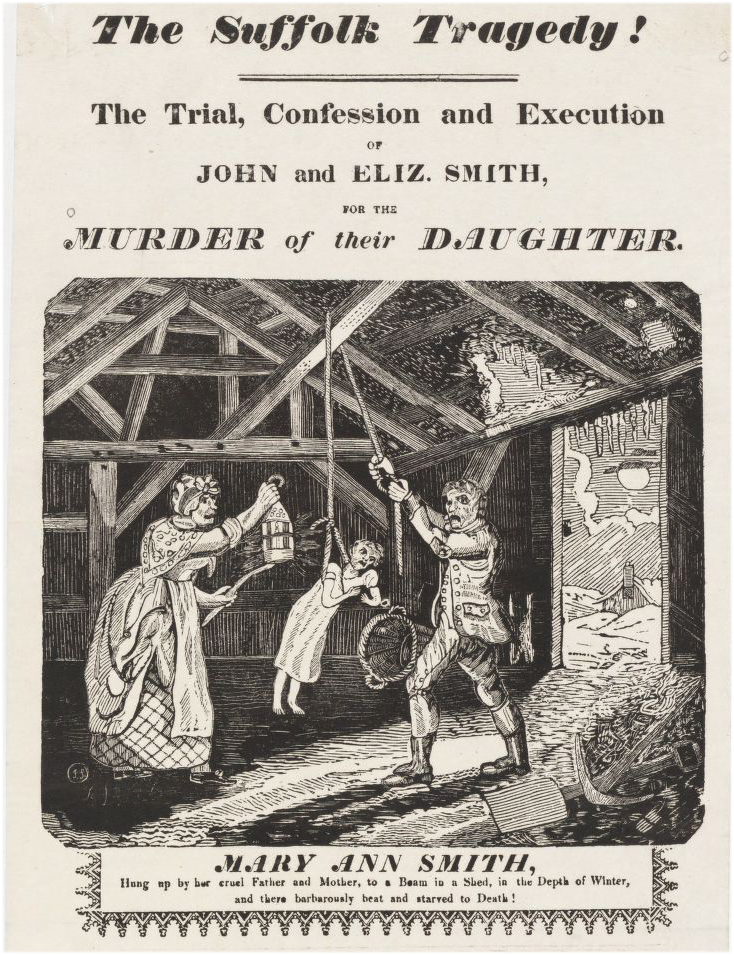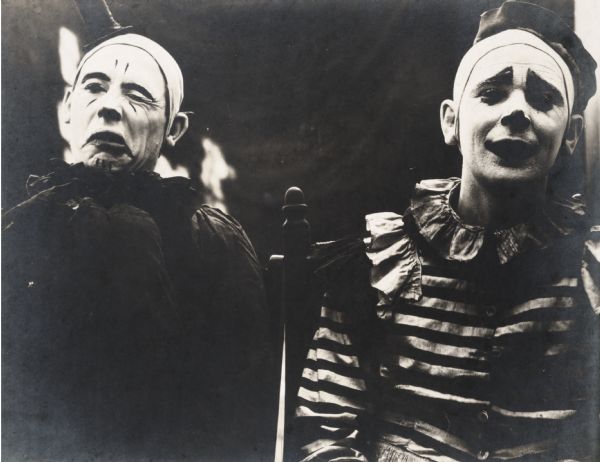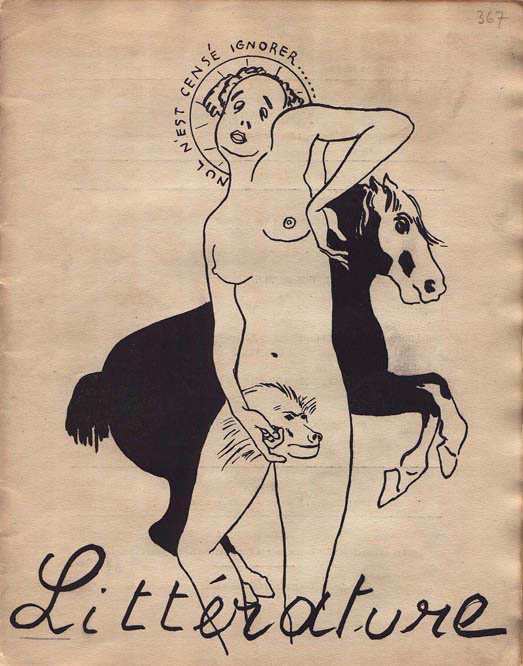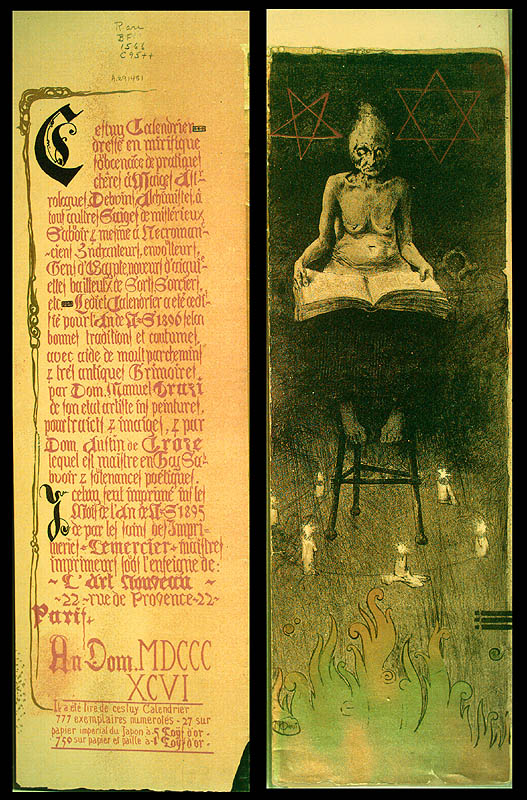
2. Lumpenball am Fastnachtssonntag im Industriehof (Second Ragged Clothes Ball on Carnival Sunday at the Industriehof), c. 1925
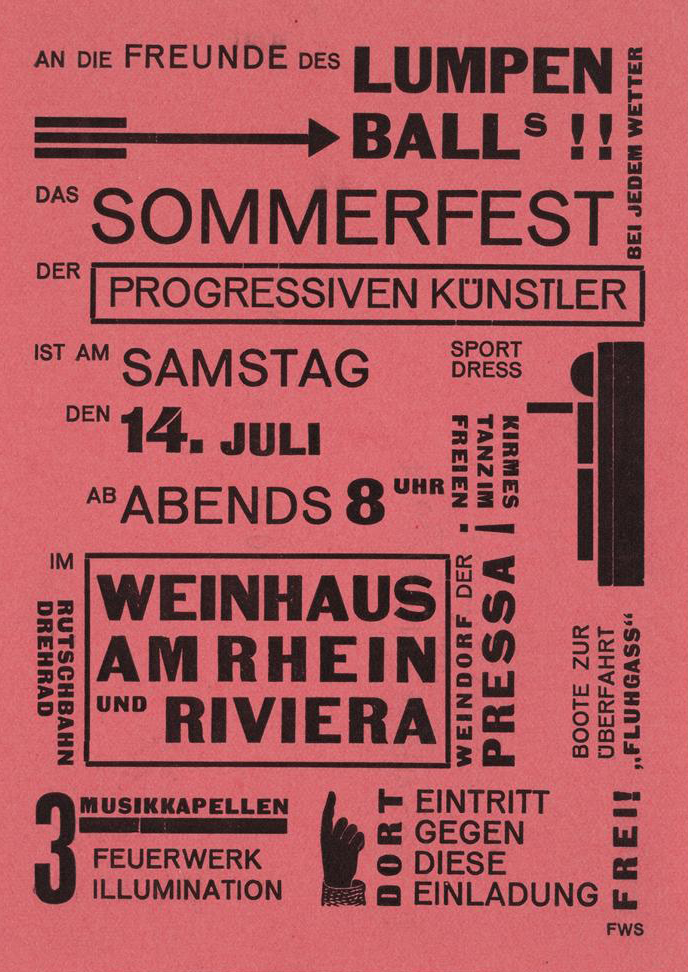
An die Freunde des Lumpenballs!! Das Sommerfest der progressiven Künstler ist am Samstag den 14. Juli (To the Friends of the Ragged Clothes Ball!! The Progressive Artists Summer Party Is on Saturday, July 14), 1928
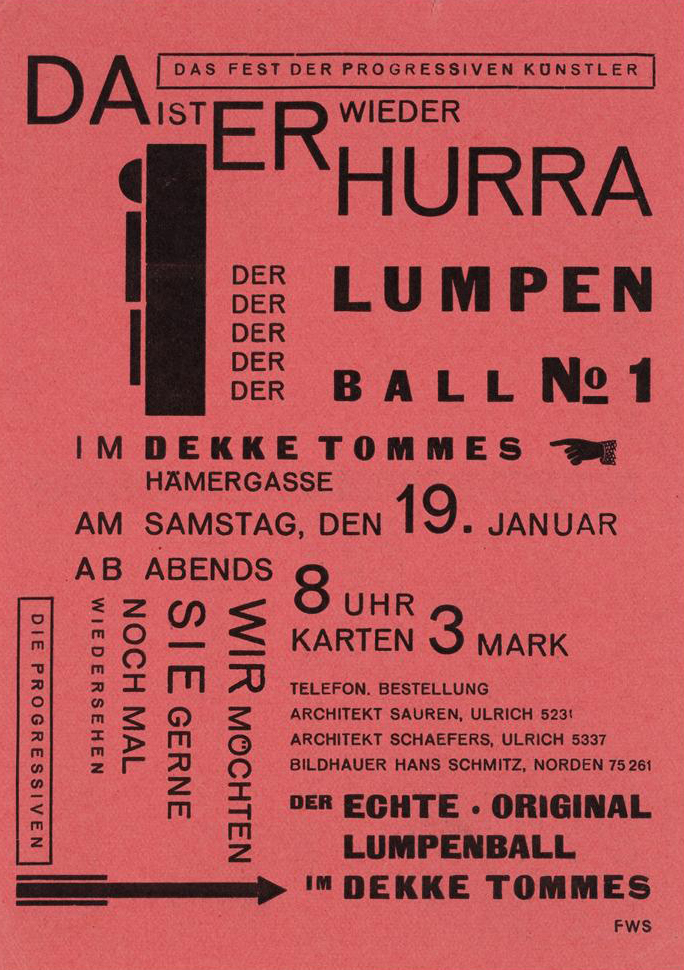
Da ist er wieder Hurra der Lumpenball No 1 im Dekke Tommes am Samstag, den 19. Januar (There It Is Again The Ragged Clothes Ball No. 1 at the Dekke Tommes on Saturday, January 19), 1929

Wo verbringen Sie die kurzen Tage? Der Lumpenball ist Fastnachtssamstag Fastnachtsmontag Fastnachtsdienstag am Dekke Tommes (Where Do You Spend the Short Days? The Ragged Clothes Ball is on Carnival Saturday, Monday, and Tuesday at the Dekke Tommes), 1930

Der erste Lumpenball ist am Samstag den 17. Januar (The First Ragged Clothes Ball Is on Saturday January 17), 1931

Der 2te Lumpenball ist am Samstag den 31. Januar (The Second Ragged Clothes Ball Is on Saturday, January 31), 1931

3x Lumpenball (Three Times Ragged Clothes Ball), 1931

Der Lumpenball das Fest der progressiven Künstler ist am Samstag den 16. Januar, No 20 (The Ragged Clothes Ball, Party of the Progressive Artists, is on Saturday, January 16, No. 20), 1932

Lumpenball No 22, 23, 24- Die Fester der Progressiven Künstler (Ragged Clothes Ball Nos. 22, 23, 24- A Party for Progressive Artists), c. 1932

Der Lumpenball in Silber, der 25. Lumpenball am 28. Januar (The Ragged Clothes Ball in Silver, The Twenty-fifth Ball on January 28), 1933
-
More of Franz Wilhelm Seiwert's works at the MOMA's website [link]






